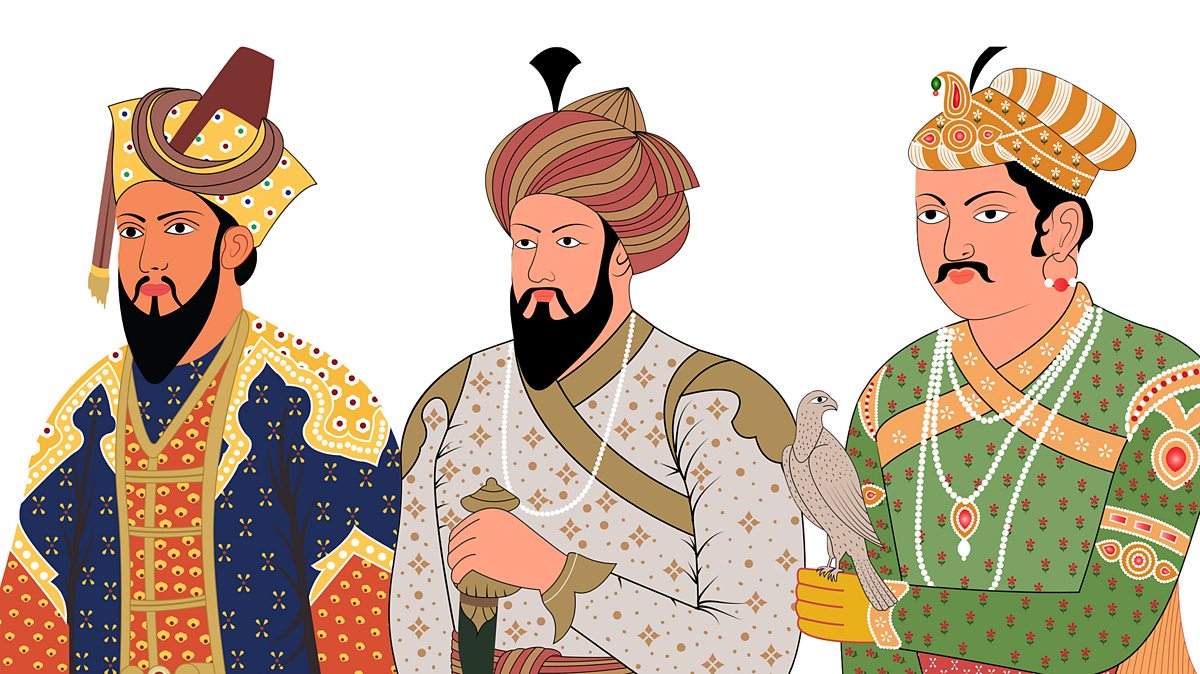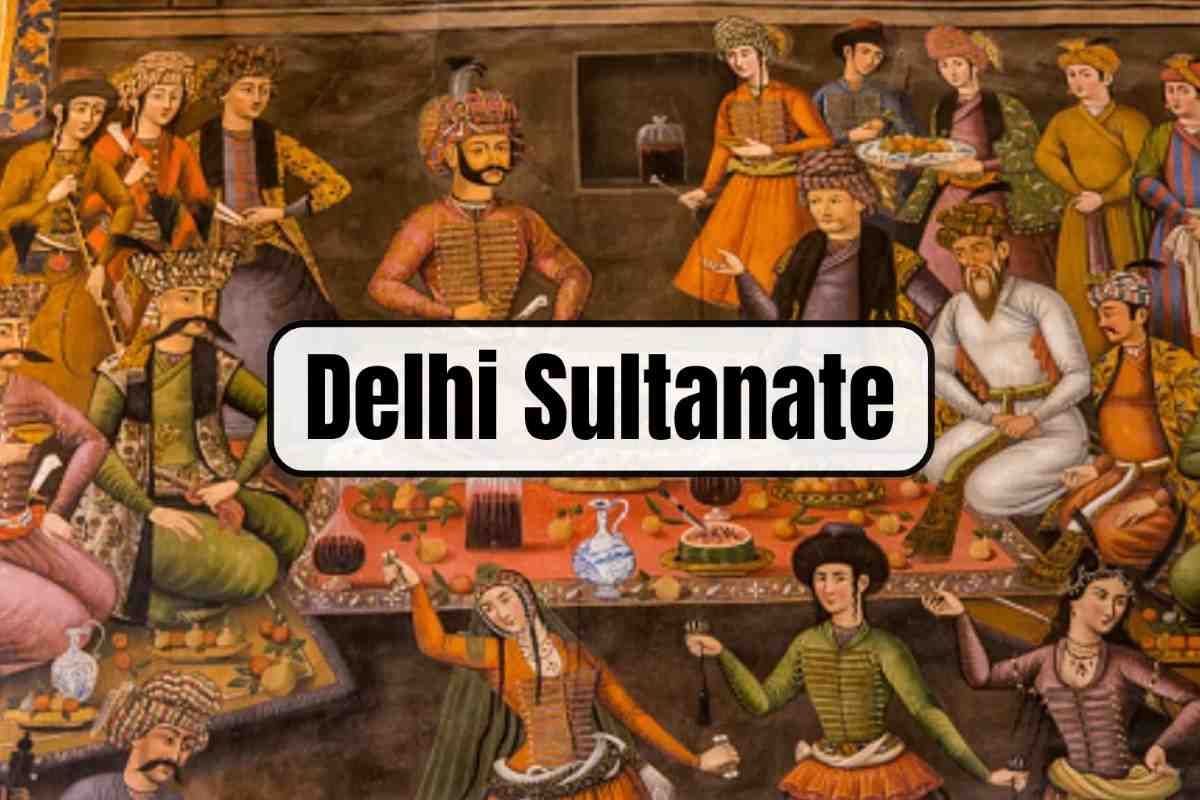Font size:
Print
China – Africa FOCAC Summit
Context:
- At the 9th Forum on China-Africa Cooperation (FOCAC) in Beijing, President Xi Jinping pledged $50.7 billion to support 30 infrastructure projects in Africa.
- Despite economic pressures, China is maintaining strategic investments on the continent while scaling down larger projects.
Significance of the 2024 FOCAC
- Economic Context: Occurs amid China’s post-pandemic economic slowdown, with challenges like deflation and unemployment.
- Loan Concerns: Shift from large infrastructure projects to smaller, sustainable projects, particularly green technologies, due to concerns over loan defaults.
- Funding Decline: Chinese lending to Africa dropped from $28 billion in 2016 to $4.6 billion in 2023, though countries like Kenya still seek funding.
- Trade Imbalances and Debt: Ongoing concerns, with China emphasising shared experiences of Western imperialism to strengthen ties with Africa.
FOCAC Summit Overview:
- Established: 2000, to formalise the China-Africa strategic partnership.
- Members: 53 African nations and the African Union Commission (excluding Eswatini due to Taiwan ties).
- Summit Frequency: Every three years, alternating between China and an African country.
- Focus Areas: State governance, industrialisation, agricultural upgrades, and Belt and Road Initiative (BRI) infrastructure financing.
China’s Strategic Aims in Africa
Economic Objectives:
- Resource Access: Securing natural resources like oil and minerals.
- Market Expansion: Expanding markets through BRI and infrastructure projects.
- Investment and Trade: Promoting Chinese investments in mining, telecommunications, and agriculture.
Political and Diplomatic Goals:
- International Influence: Gaining support in international organisations and promoting the “One China” policy.
- Countering Western Influence: Balancing Western influence in Africa.
- Revising World Order: Increasing global influence and revising the international order.
Promoting Governance Model:
- Exporting China’s state-led economic growth model and authoritarian rule.
- Military and Security Interests:
- Securing Investments: Enhancing military cooperation and peacekeeping missions.
- Maritime and Base Presence: Protecting maritime routes and projecting power from the Djibouti base.
Soft Power and Cultural Diplomacy:
- Expanding cultural engagement through Confucius Institutes, media outreach, and educational partnerships.
Key Issues and Challenges:
- Debt and Financial Concerns:
- Debt Trap Diplomacy Debate: Unclear evidence of deliberate debt entrapment.
- Labour and Local Tensions:
- Labour Practices: Criticisms over Chinese labour practices and prioritisation of Chinese interests.
- Environmental and Governance Issues:
- Scrutiny of environmental practices, compounded by weak regulatory frameworks in African nations.

Future of China-Africa Relations
- Trade Partnership: China has been Africa’s largest trading partner since 2009, surpassing the U.S.
- Security and Non-Interference Policy: Evolving security role with increased military presence e.g. Djibouti Military base and peacekeeping efforts, signalling a shift from traditional non-interference.
Comparative Analysis of Indian and Chinese Engagement with Africa:




